DACA and the Filipino DREAMer

They organized the first in a series of townhall meetings on DACA, from left: lawyer JT Mallonga, Consul General Mario de Leon and lawyer Merit Salud. Photos by Jenjen Furer/Faldef
The teener sat with unease at the center of Kalayaan Hall listening to the lawyers. She and her mother held hands.
Up the stage were lawyers JT Mallonga and Merit Salud of the Filipino American Legal and Education Defense Fund (Faldef), explaining the fine points of the Obama initiative to legalize the status of undocumented students. In short, they were speaking to her, discussing her options to stay in the country legally.
First, JT and Merit laid out the facts:
• DACA, or the Deferred Action for Childhood Arrivals, is not an amnesty program, nor will it grant green cards to applicants;
• The initiative will allow eligible applicants to stay in the country over a two-year period, during which time they can find employment or get a driver’s license or a social security card (depending on state). If they find an employer willing to sponsor them, then that would be a potential pathway to citizenship;
• The application fee is $465 to apply ($85 for the biometrics or the process of fingerprinting and $385 to apply for work authorization); and $18 for FBI background check (which is optional). All these fees are payable to the USCIS in the form of a money order — and not to a lawyer or a notario;
• Of an estimated 1.2 million DREAMers nationwide who may be eligible, 8 percent are Asian Americans. Of the 8 percent, Faldef said many are Filipinos;
Then, they laid out the potential pitfalls:
• DACA may be able to halt the deportation of qualified applicants. At the same time, it may also pave the way for the removal of applicants who do not meet certain qualifications and are known to have used fraud in their application;
• DACA is not a law nor an executive order. This is simply an initiative of the Obama administration put in place because of Congress’ inability to pass a DREAM Act Law.
• As DACA is “discretionary,” according to JT, it can be overturned or nullified by a Republican president.
Although some aspects of DACA may sound discouraging, officials and lawyers were one in calling on Filipino DREAMers to take action just to see if they qualify. It is, after all, a “life- changing” program, said Consul General Mario de Leon.
Faldef and the Philippine Consulate are holding a series of free clinics to interview applicants and assess them for their eligibility. Applicants were urged to seek the assistance of immigration lawyers and avoid the notarios, who may not know the fine points of the law yet prey on the unsuspecting young immigrants.
The teener was overwhelmed by all the information, but she and her mother were assiduously taking note, absorbing the details of the presentation and quietly planning their next move.

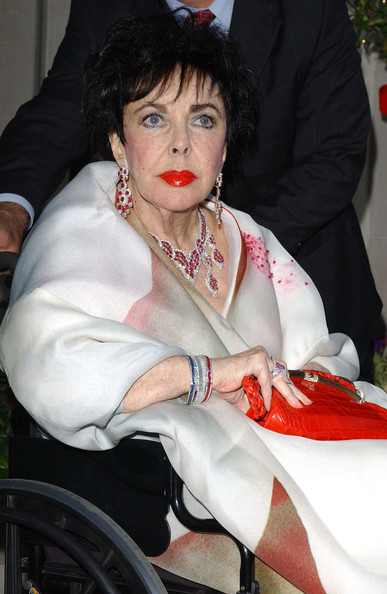
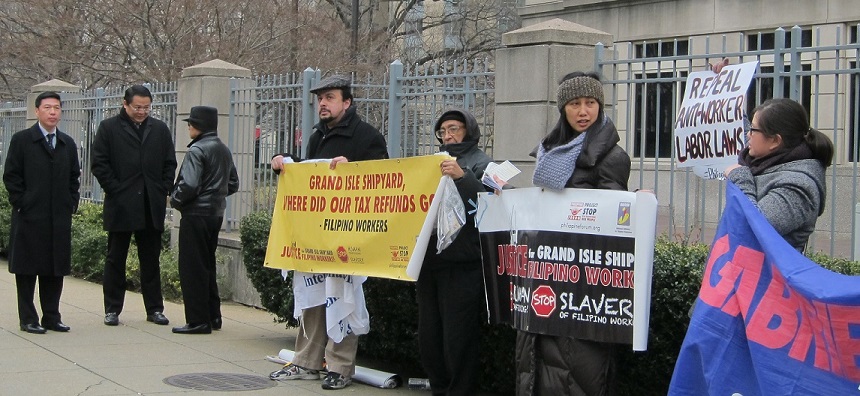
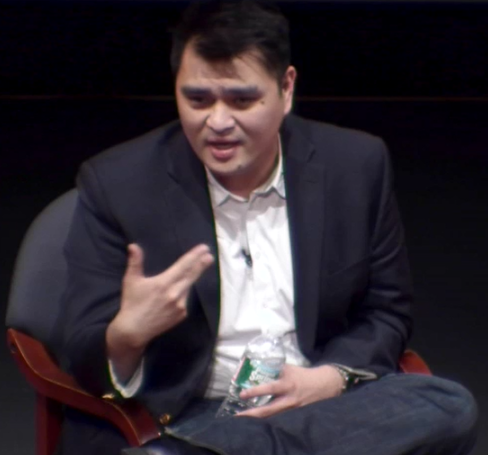

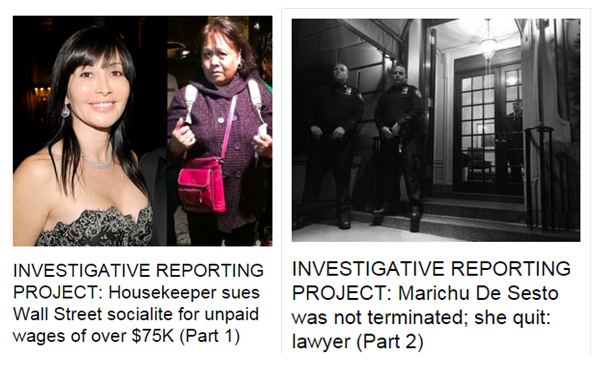
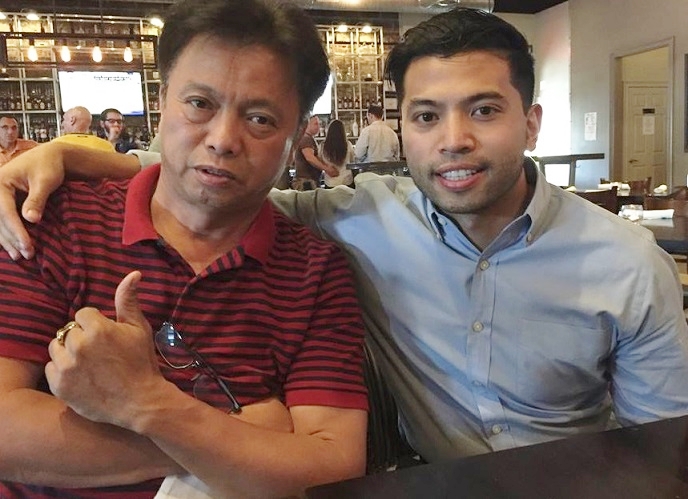


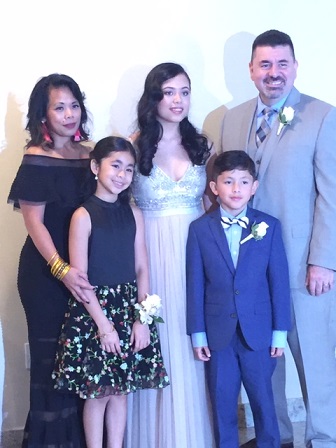
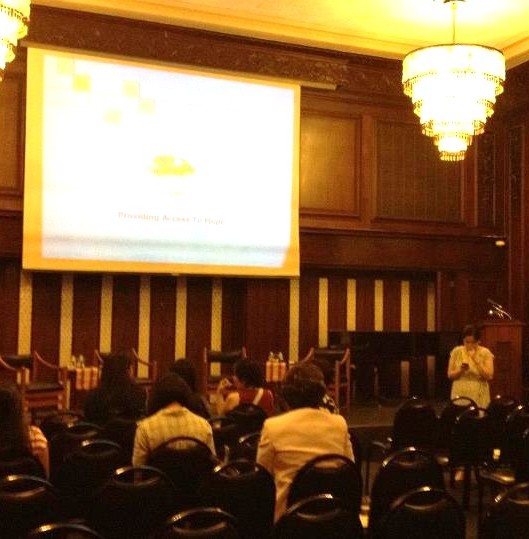

Somewhat misleading. Along with the fact that there will be NO Green Card, there will not be automatic free tuition, or state issued drivers license, or social security benefits. Two poles indicate that 8 to q12% may be immediately remove due to criminal activities.
Hi there,I check your blog named “DACA and the Filipino DREAMer » The FilAm”.Your story-telling style is awesome, keep doing what you’re doing!